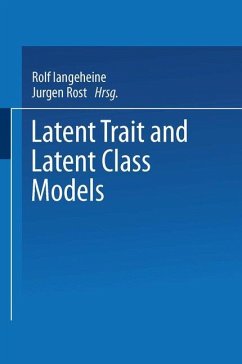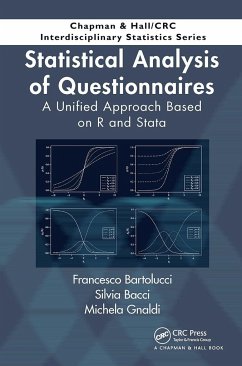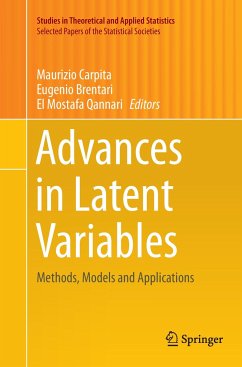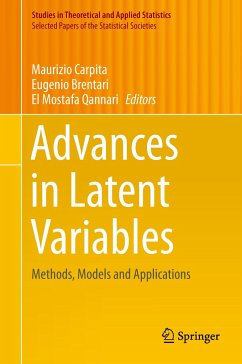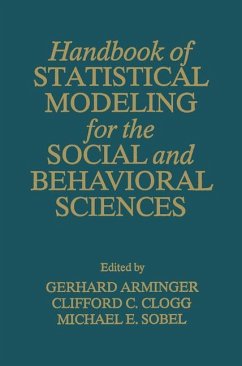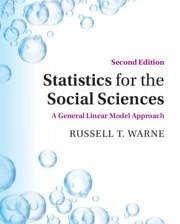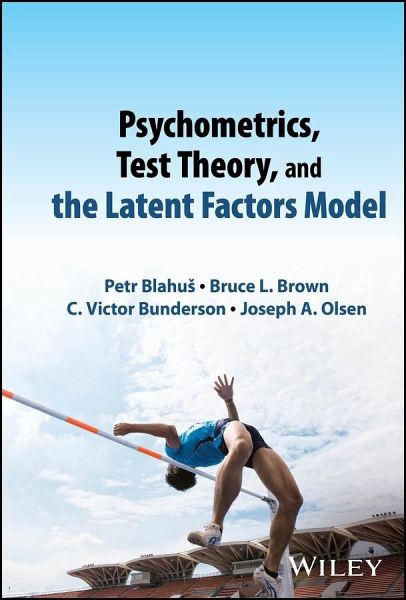
Psychometrics, Test Theory, and the Latent Factors Model
Versandkostenfrei!
Versandfertig in über 4 Wochen
112,99 €
inkl. MwSt.
Weitere Ausgaben:

PAYBACK Punkte
56 °P sammeln!
A combination of psychometric theory, history, philosophy, and practice, with recent advances in analytical methods, metrology, and design. Psychometrics, Test Theory, and the Latent Factors Model began as a strong manuscript by Petr Blahu, based upon his lifelong passion of applying the latent factors model to kinesiology and biomechanics. Before his death he entrusted it to three co-authors who completed the book with in-chapter explanations, accessible mathematical appendices, and computational guides. It was also expanded to include important advances since 2010 in psychometric methods, co...
A combination of psychometric theory, history, philosophy, and practice, with recent advances in analytical methods, metrology, and design. Psychometrics, Test Theory, and the Latent Factors Model began as a strong manuscript by Petr Blahu, based upon his lifelong passion of applying the latent factors model to kinesiology and biomechanics. Before his death he entrusted it to three co-authors who completed the book with in-chapter explanations, accessible mathematical appendices, and computational guides. It was also expanded to include important advances since 2010 in psychometric methods, contemporary developments in metrology, and the science of domain-specific design. Comprehensive in scope, the text contains computational guides for the use of Stata, M-plus, and SPSS in Factor Analysis, Classical Test Theory, and Item-Response Theory. The authors highlight the practicality of software integration in order to successfully produce psychometrically sound research. Written by an international and decades-spanning team of experienced psychometricians, the text anticipates a future psychometric science that could earn its place in the international metrology community. The book is filled with suggestions, tips, and practical guidance about best practices and efficient strategies for modeling and model selection. In addition, the book includes important cautions and warnings about misuse and misinterpretations of common, but limited, analytical techniques. The book is historically informed, philosophically grounded, mathematically justified, and methodologically current. This important text: * Applies intuitive reasoning and common examples to aid in the understanding of advanced technical concepts. * Includes the conceptual, statistical, and philosophical background of psychometrics. * Features recent advances and opposing views in psychometric theory. * Contains concrete examples from current research, including cognitive tests and neurological data. * Opens the vista for a future of testing with greatly increased use of well-constructed, learner-centered performance scales using computer-adaptive testing with feedback over multiple attempts. Psychometrics, Test Theory, and the Latent Factors Model is intended for forward-looking students and teachers in the behavioral, educational, health, and social sciences.




